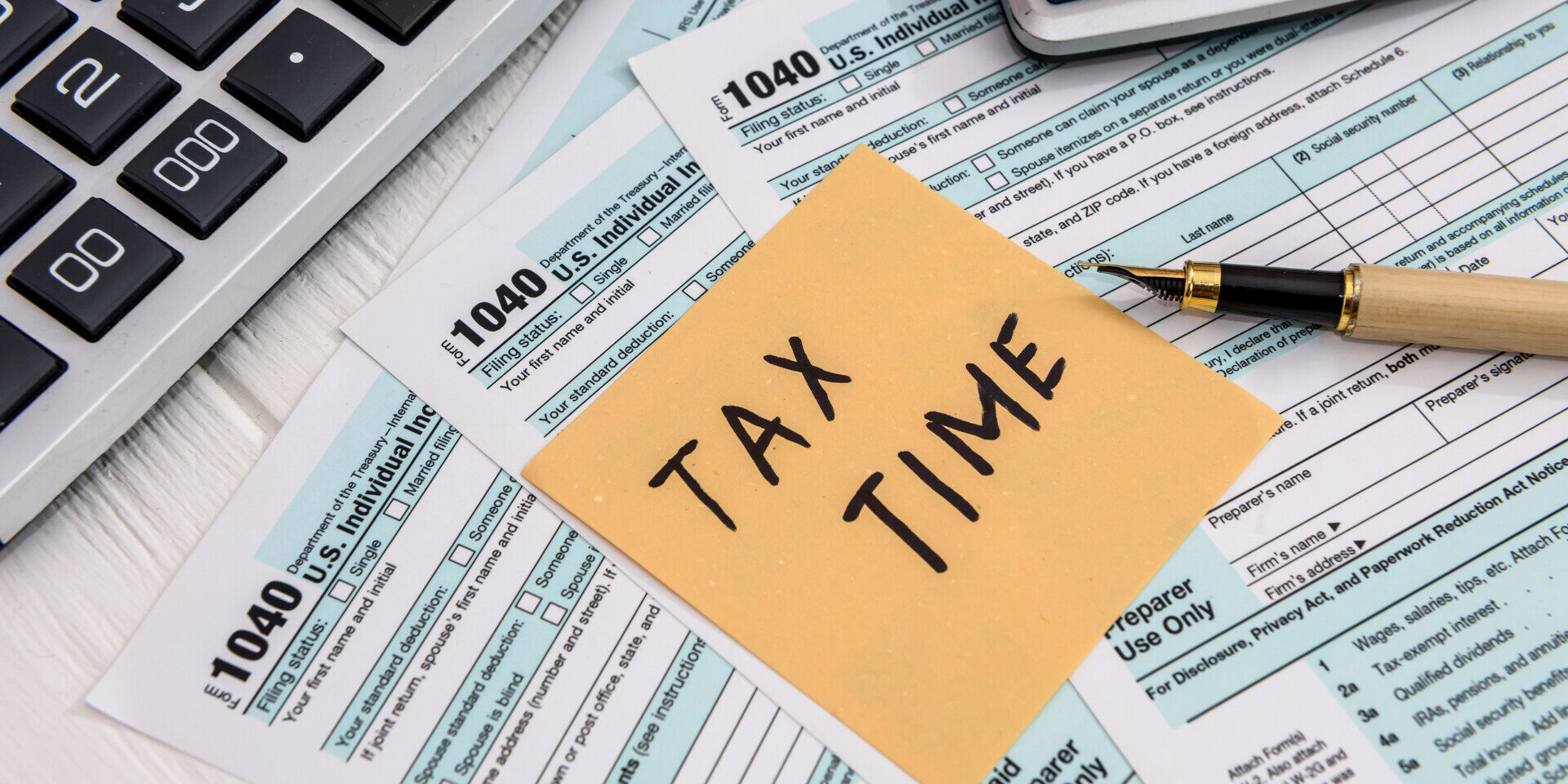As tax season approaches, now is the time to get ahead of the game and prepare. Filing taxes can be a daunting task, but with careful planning and organization, you can navigate through the process with ease. To ensure a stress-free and smooth filing process with or without the help of a professional, explore these tips to help prepare for tax season.
Gather Necessary Documents:
The first step in preparing for tax season is to gather all the necessary documents. Depending on your personal circumstances, these can include:
- W-2 forms. These will be provided by your employer detailing your earnings and taxes withheld.
- 1099 forms. You’ll receive these income-declaration forms if you’re a freelancer or an independent contractor.
- Receipts and invoices. These include any expenses you can deduct or claim, including medical bills, education costs, charitable donations, and eligible childcare costs.
- Mortgage and loan documents.
- Investment statements.
- Previous years’ tax returns.
- Business income and expenses.
- Rental income and expenses.
- Other miscellaneous income, which may include SSA payments, scholarships, gambling winnings, jury duty payment and more.
Organize Your Financial Records:
After gathering your documents, organize your finances to make the tax preparation process more manageable. Categorize expenses, receipts, and any relevant paperwork in a folder, binder or digital file to make it easy to access them whenever necessary. This will save you time and help ensure you don’t miss any deductible expenses.
Prepare Your Personal Information:
In addition to your income information, you’ll need the Social Security number and date of birth of each dependent you claim. It’s a good idea to have this information prepared before you start filing your return. You can also prepare any other details your tax preparer will need, such as the addresses of any rental property you own, the dates of any property you sold last year and more. Additionally, take a moment to verify your account number if you’re opting for direct deposit of your tax refund. Confirming this information ensures a seamless and secure transaction. Be sure to keep this information in a secure location until you file!
Stay Informed About Tax Law Changes:
Tax laws can change each year, and some of this year’s modifications may impact your tax situation. Be sure to review the most recent updates so you can take advantage of any new deductions or credits. This can be especially important if you’ve experienced significant life changes during the year, like marriage, the birth of a child, or a change in employment status. You can find a list of this year’s changes here.
Learn the Deadlines:
It’s essential to be aware of the tax filing deadlines. For most individuals, the deadline to file federal income taxes is April 15th. If the 15th falls on a weekend or holiday, the deadline is typically extended to the next business day. If you need more time to file, consider requesting an extension, but be aware that this extension only gives you more time to file, not more time to pay any taxes owed.
Choose Your Filing Method:
You’re ready to decide how you’d like to file your taxes. You can file a paper tax return and mail it to the IRS, use tax prep software like TurboTax or H&R Block, hire a professional tax preparer, or e-file your return on your own. The IRS also offers a Free File program that provides free tax software for eligible taxpayers with an adjusted gross income of $79,000 or less.
Determine Your Filing Status:
Your filing status determines the tax rates and the standard deduction you’re eligible to receive. Choose the status that best fits your situation. The most common filing statuses are:
- Single
- Married filing jointly
- Married filing separately
- Head of household
- Qualifying widow(er)
Selecting the right filing status is crucial for accurately calculating your tax liability.
Watch Out for Tax Scams:
Regardless of the filing method you choose this year, it’s important to be aware of possible scams and keep yourself (and your personal records) safe. If you decide to hire a professional to help you file, the IRS recommends using the IRS Directory to find a trusted professional. When utilizing online filing websites or tax filing software, ensure the security of your accounts by creating strong passwords, and if available, enable two-factor authentication.
Also, remember that the IRS will never contact taxpayers by phone, email, text messages or social media channels to request personal or financial information – so if you receive any communication “from the IRS” about your tax filing, don’t click on any links or provide any information to the caller. Validate any claims on websites you know are legitimate.
Plan for the Future:
Finally, use the tax season as an opportunity to plan for the future. Consider adjusting your tax withholding to avoid owing big sums at tax time or receiving large refunds. Also, maximize your retirement savings to take advantage of tax-advantaged accounts like 401(k)s and IRAs.
Early preparation is the key to a smooth, successful, and stress-free tax season. Click here for more tips from the IRS to help you file your taxes in 2024.
Park View Federal Credit Union is not a tax consulting agency and does not give tax advice. The information provided should not be considered as professional tax advice.
Share This
You May Also Like
How to Teach Kids About Money: Simple Ways to Teach Saving
National Financial Awareness Day
Business Fraud Prevention Checklist
Want to learn more?
Discover additional resources and other financial topics by visiting our Financial Education Center.

 Now Park View makes it even easier to schedule an appointment with one of our service representatives.
Now Park View makes it even easier to schedule an appointment with one of our service representatives.


